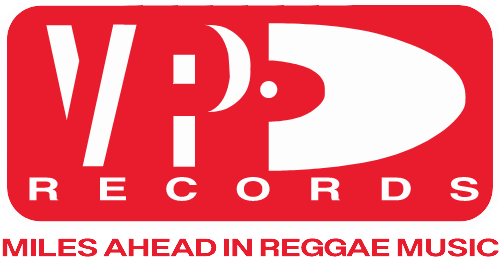One of the most successful music festivals in Europe is Rototom. We had an opportunity to speak to one of the players within the organization, Sister Kappa!
VP: How did you get your start in your work?
SK: My personal story in the Reggae Industry started when I was a teenager and Rototom Sunsplash festival moved to Osoppo in Italy where it was held until 2010 before they moved to Spain. I was really young I grew in this small village and reggae music and the values related to this gathering hit me hard. I started collaborating with the festival as cleaner with a summer job because I always had the feeling I need to be part of this movement and help it to grow. On the other hand, during the next years, I developed my skills in communication and languages and my passion to create networks related to this music in the different European countries, where I moved in my 20ies, helped me to make my dream become true.
VP: What was your first notable project?
SK: After I attended my university career in Spain, life helped me, the festival moved here and I had the chance to develop the festival social networks since 2013, I could see how the online community grew, I did not forget the importance of the physical gatherings but to see how people started to share the same values and music online was a great experience that give me the right feedback to follow up with my working goals. In addition, I started to represent the festival abroad, in 2016 I had the opportunity to cover the “Rototom and friends” tour through Europe and even if it was very busy and tide agenda, touring to the biggest reggae venues in the continent, be among the festival fans was a big opportunity to see “their yards”, the way they use to enjoy reggae in their cities.
VP: What was your first breakthrough?
SK: Organizing launch parties and building promotional links in the world reggae scene is for me not just a promotional work for the festival but also something linked to the promotion of reggae music and culture in general. Before the pandemic I started to travel to USA in order to promote the festival there, making links in New York, California and Miami promoting the festival and building bridges between these two realities were for me big achievements in my working career and I hope to keep be able to build these kinds of connections that are very important to keep different scene alive, feedbacked and unify.
VP: What are you working on now / next?
SK: We restart to think and plan the next edition festival, and we hope to make it, it will be amazing and necessary for our audience to be together after this difficult time. Social distances and pandemic restrictions give the opportunity to understand how important is to live with the others, how important is to share and live together. People more than ever need to gathering again and I will be working to make this possible.
Meanwhile I also teach marketing for independent artists at SAE Institute in Barcelona and Madrid, it is a pleasure to get in contact with their students who are working on their urban music artistic projects, helping them to understand how to promote their work properly not just online but also offline.
VP: What reggae are you currently listening too?
SK: During the lockdown, I had to stop listen to reggae, the music connected me with something that I was really missing and I could not stand the sorrow I was feeling being not able to attend a concert or listen to it in a sound system surrounded with people. Now that is not the same situation, I am listening to roots music while I am at the computer as usual.
I also always keep the eye open to all the new works are coming out from Jamaica but also music influenced by the Jamaican music culture that is to say almost all urban music. Something that I do always is to listen and stream female artists, I want to help them fight the algorithm, not just using provocative images (I`m thinking about the last week “Lick” debate) but just because it is important to give them the same opportunities to be listened as their male reggae artists colleagues.


